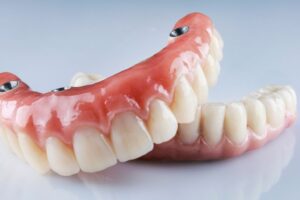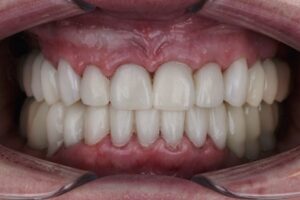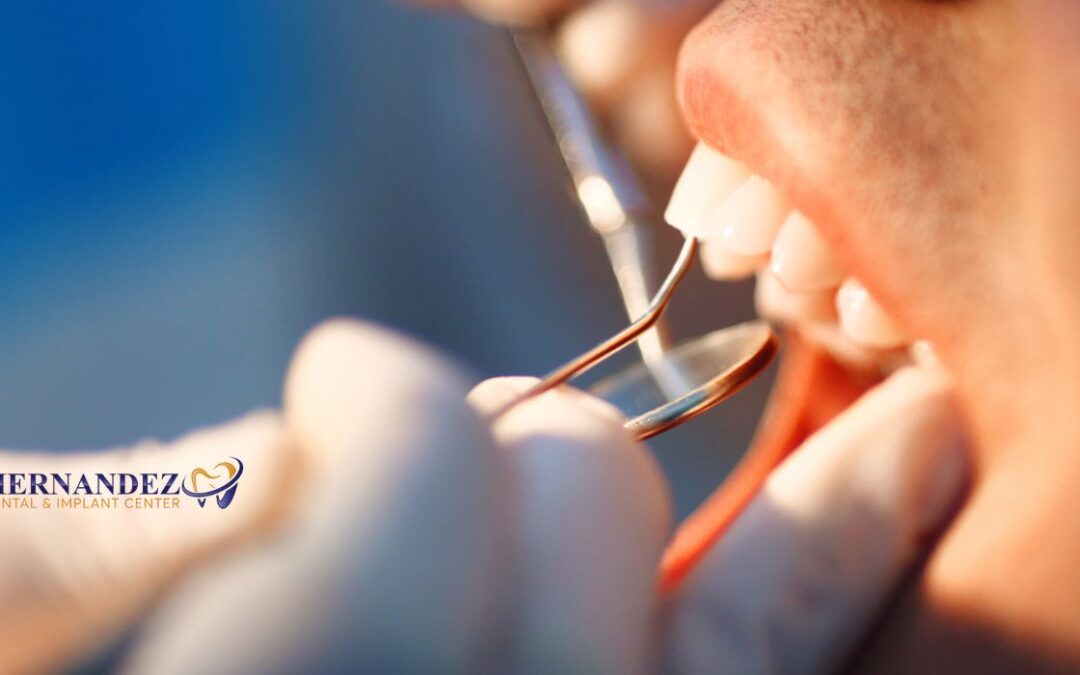When it comes to enhancing the aesthetics of your smile or restoring dental function in San Antonio, TX, dental composite bonding stands out as a popular and effective option. This versatile procedure can address various dental issues, offering a minimally invasive, cost-effective, and efficient solution.
In this blog, we’ll delve into what dental composite bonding is, how it works, its benefits, limitations, and aftercare tips to help you make informed decisions about your dental health.
Call me For any information at (210) 533-8191
“We value your feedback! If you’ve visited us, please take a moment to leave a review on our Google My Business page: Leave a Review. Your input helps us improve and serve you better!”
What is Dental Composite Bonding?
Dental composite bonding is a versatile cosmetic dental technique used to cope with numerous aesthetic issues and repair the appearance of teeth. Dentists typically use bonding to repair chipped or cracked teeth, restoring their functionality and aesthetics. Additionally, dental bonding is applied to close small gaps between teeth, enhancing smile symmetry and uniformity.

Moreover, if you are searching for dental composite bonding near me, this procedure can also cover intrinsic stains or discoloration on teeth, providing a brighter, more attractive smile. Many patients ask, “How painful is composite bonding?” Fortunately, the procedure is typically painless. In cases of gum recession or tooth erosion, bonding can shield exposed tooth roots, alleviating sensitivity and preventing further damage.
With its minimally invasive nature and versatility, dental bonding offers a cost-effective solution for enhancing your smile and boosting confidence. learn about the advantages of dental bonding
How Composite Dental Bonding Works
Dental bonding is a simple, non-invasive cosmetic procedure designed to improve the appearance of teeth. The process begins with the dentist lightly etching the tooth’s surface to ensure the bonding material adheres properly. A tooth-colored resin is applied and carefully shaped to correct imperfections such as chips, cracks, or gaps. Discover the disadvantages of dental bonding.
After sculpting the resin to the desired shape, a special UV light hardens and cures the material. The dentist then polishes the bonded tooth to match your natural teeth, creating a seamless, aesthetic result. The entire procedure is typically completed in one visit.

Ideal Candidates for Composite Dental Bonding
- Chipped or Cracked Teeth: If you have teeth with minor chips or cracks, dental bonding near me can repair their appearance and functionality.
- Small Gaps between Teeth: Bonding can fill small gaps or spaces between teeth for a more uniform smile.
- Misshapen or Uneven Teeth: Bonding can reshape and contour teeth that are abnormal in form or length.
- Discolored or Stained Teeth: Bonding can cover and conceal intrinsic stains or discoloration, resulting in a brighter, more uniform smile.
- Exposed Tooth Roots: Bonding can protect exposed tooth roots due to gum recession or tooth erosion.
Composite Bonding Pros and Cons
Pros:
- Improves Smile Aesthetics: Dental bonding can quickly correct minor imperfections, giving your smile a polished and balanced appearance.
- Quick and Convenient: Each tooth can be treated in 30 to 60 minutes, with the entire process typically completed in a single visit.
- Cost-Effective: Composite dental bonding is more affordable than other cosmetic dental procedures like veneers or crowns.
- Natural-Looking Results: The resin used matches the color of your natural teeth for a seamless, realistic appearance.
- No Anesthesia Required: Most bonding procedures are painless and don’t require anesthesia, allowing for a comfortable experience.
- Boosts Self-Confidence: By restoring your teeth’s appearance, bonding can boost your confidence and self-esteem.
Cons:
- Durability: While durable, composite resin is less resistant to wear and staining compared to materials like porcelain.
- Not Suitable for Everyone: Bonding may not be ideal for severe dental issues, such as extensive decay or damage—alternatives like crowns or implants might be recommended.
- Maintenance: Bonded teeth require good oral hygiene, including regular brushing, flossing, and dental check-ups to ensure longevity.
Related Article:
Cosmetic Dental Cost in South San Antonio TX
The Cost of Composite Dental Bonding
The cost of dental composite bonding can vary based on factors like the dentist’s experience, geographic location, and the extent of the work needed. On average, patients can expect to pay between $300 and $600 per tooth. While this is generally more affordable than crowns or veneers, multiple teeth may require treatment, increasing the total cost. Additionally, dental insurance may cover part of the expense if the bonding is deemed medically necessary, such as for cavities. Always consult with your dentist for a detailed estimate tailored to your needs. Find Out about the cost of dental bonding
Dental composite bonding is an effective and versatile solution for enhancing the aesthetics of your smile and restoring dental function. With proper care and maintenance, you can enjoy a beautiful smile that lasts for years.

